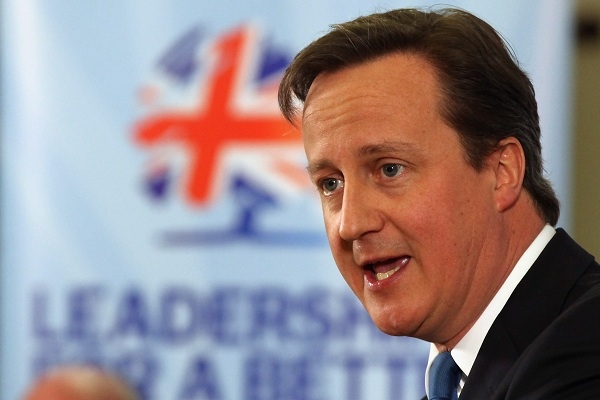A few years back the radio disc jockey John Peel died. Some public sorrow was expressed and soon Tony Blair issued a press release explaining his personal sadness. A little while later someone else who was popular died and the same thing happened. A few days later still and hundreds of thousands of people were killed and many more made homeless by a Tsunami out East. For several hours Blair was silent. Some media jumped on this and whipped up public expressions of shock. ‘Why has our Prime Minister not expressed sadness about the Tsunami deaths?’ and so on.
I don’t know why Blair took a few more hours than was then normal for him to issue a personal grief-o-gram. But I doubted then, and doubt now, that it was because he was jubilant about the disaster. In the same way it never crossed my mind that whenever a disc jockey died it had been Blair’s habit to punch the air and shout ‘Yes! We’ve got another one.’
In order to remain civilised yet still find time to work each day, society used to rely on the assumption that people are sad when other people die. But Blair invented a new game which he thought would benefit him. And then the game he’d created bit him back.
How much easier things would be for David Cameron if he had learned such lessons. As it is, by choosing to make comments on the tax status of a comedian he is now being questioned about the tax affairs of a pop singer. Perhaps tomorrow it will be a footballer or a‘glamour model’. You’d never guess that until recently we were quite a serious country. On last night’s ‘Newsnight’ an especially pompous comedian was interviewed about the tax affairs of another comedian. Nothing can end this spiral of inanity but a change of government, a change of game, or death.
For the time-being I favour, and would like to suggest, the second option. Why not seize this moment to make a conservative argument from the other end of the question? It seems to me a very good time to highlight — without referring to cases — not only questions about how much of our money is collected, but how much of it is then flushed down the national toilet. Government could simultaneously make the case not only for simplifying our tax system, but also seriously reforming the way in which our taxes are spent. This could have many useful results, not least in helping to wean us off what has become our national habit: only being able to talk about serious matters if there is some ‘celebrity’ involved.
 Douglas Murray
Douglas Murray
A lesson for Cameron from Blair






Comments